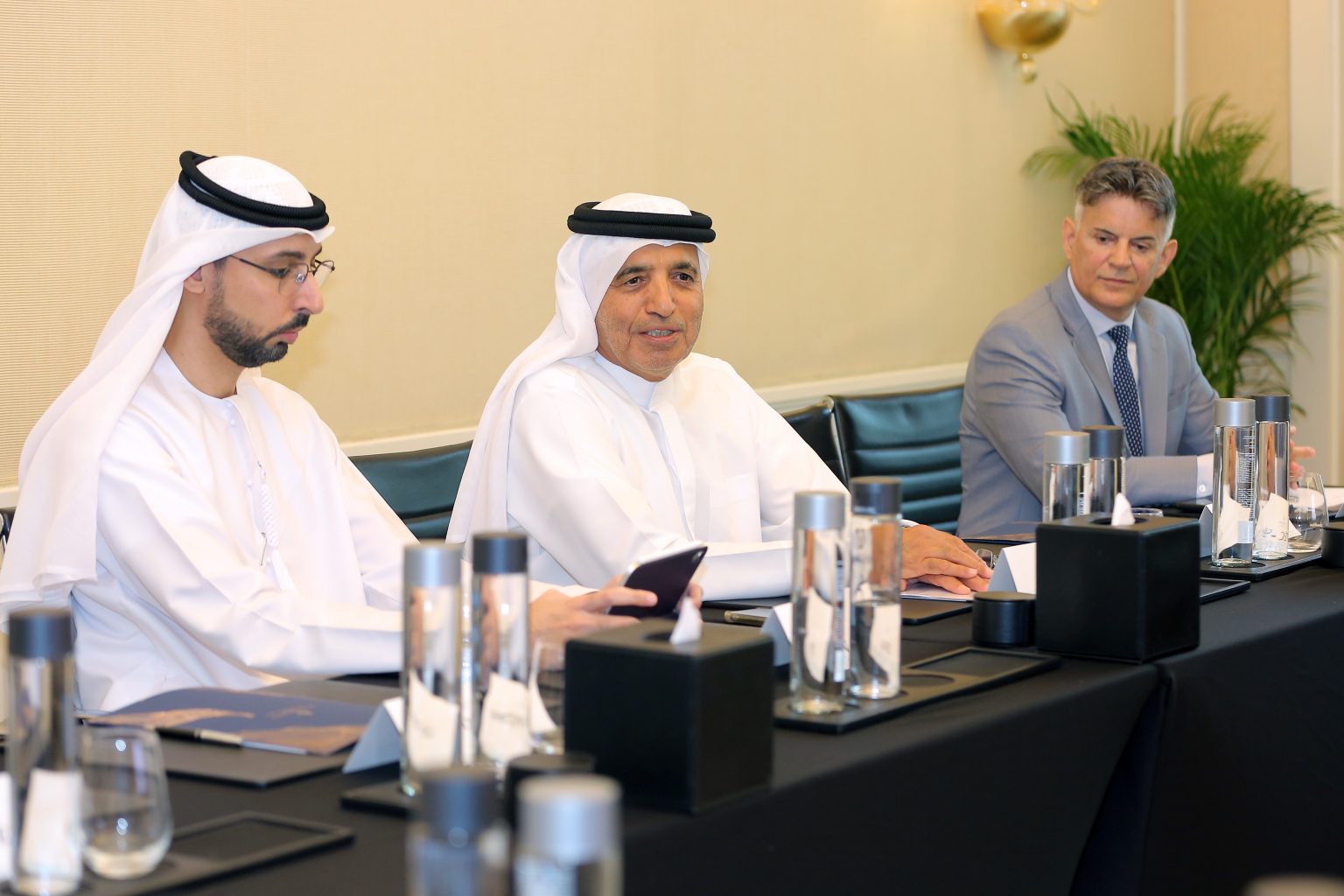Clean energy projects in Dubai reduce carbon emissions by 22%
Weather of Arabia - Clean energy projects in Dubai have contributed to reducing carbon emissions in the emirate by a large percentage, which supports ambitious national plans to achieve carbon neutrality by 2050
In this context, the Dubai Supreme Council of Energy organized a workshop to review the most prominent sustainable energy projects and systems, which support the strategic initiative to achieve carbon neutrality by 2050, the Dubai Clean Energy Strategy 2050, and the Carbon Neutrality Strategy 2050 for the Emirate of Dubai in the UAE.
Representatives of the Supreme Council of Energy, the Executive Council, the Dubai Carbon Reduction Committee, and representatives of the Pioneering Cities Network for Sustainable Development discussed the tangible positive effects through the implementation of clean energy projects in Dubai and programs that resulted in a 21% reduction in carbon emissions in 2021, and a percentage of 22% in 2022.
Dubai clean energy projects
The delegates of the Pioneering Cities Network for Sustainable Development praised the pioneering role of the Emirate of Dubai in implementing mega and unique projects within a short period of time, relying on the latest technologies, in addition to providing a strong investment model for clean energy projects in light of clear government policies and legislation to support the green economy development roadmap.
Dubai aims to provide 100% of the electricity production capacity from clean energy sources by 2050, based on a number of mega projects, foremost of which is the Mohammed bin Rashid Solar Energy Complex, according to the data seen by the specialized energy platform.

The clean energy capacity in Dubai constitutes about 14% of the total production capacity of electric energy in the emirate, amid plans to raise its contribution to 25% by 2030.
During 2022, the current production capacity of the Mohammed bin Rashid Al Maktoum Solar Energy Complex reached 2027 megawatts, using solar photovoltaic and concentrated solar energy technologies. Independent Energy, to 5 thousand megawatts by 2030.
Carbon neutrality
Ahmed Butti Al Muhairbi, Secretary-General of the Supreme Council of Energy in Dubai, said: “Dubai has implemented qualitative and giant projects, and launched pioneering initiatives to diversify the sources of clean energy production, which included all clean and renewable energy technologies in the Emirate of Dubai, such as photovoltaic panels technology, concentrated solar energy, and green hydrogen production using Solar energy and water energy technology stored in the hydroelectric station project in (Hatta) using clean energy and storing thermal energy, in addition to increasing hybrid and electric cars.
He added that these efforts aim to support the sustainable development process and reduce the carbon footprint of various activities in the emirate, pointing out that Dubai has also adopted the Independent Energy and Water Producer System to enhance the participation of the private sector in the implementation of projects.
For his part, Taher Diab, Senior Consultant for Strategy and Planning at the Supreme Council of Energy, said that the clean energy system in Dubai is unique, which is led by the continuous efforts of Dubai Electricity and Water Authority, Roads and Transport Authority, Dubai Municipality, ENOC, Dubal Holding and Dubai Petroleum Corporation. Its implementation began in 2015, and it focuses on the importance of effective policies, governance mechanisms, and monitoring targets, indicators, and financial budgets that aim to reduce carbon emissions annually in order to reach carbon neutrality goals by 2050.
Source: energy
Arabia Weather App
Download the app to receive weather notifications and more..



